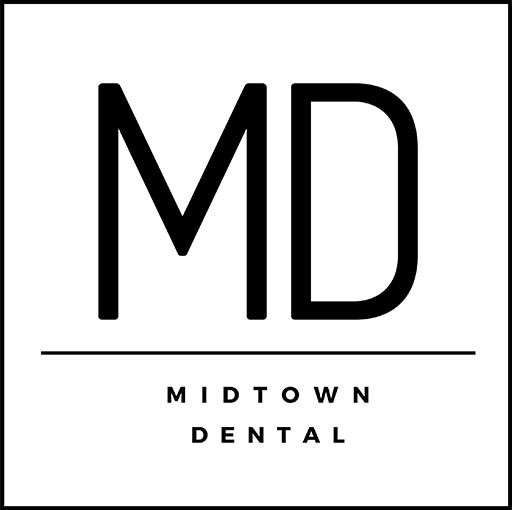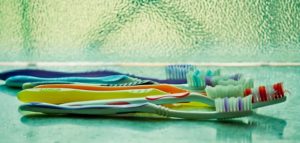Dentist Woodward
 Men, dental examinations and treatment are important for you, too. Did you know according to the Academy of General Dentistry (AGD), by age 72 men lose an average of 5 teeth? That number jumps to 12 if you are also a smoker. Here’s what you need to know about keeping your mouth healthy. Follow these tips and you can beat the odds stacked against men and their oral health.
Men, dental examinations and treatment are important for you, too. Did you know according to the Academy of General Dentistry (AGD), by age 72 men lose an average of 5 teeth? That number jumps to 12 if you are also a smoker. Here’s what you need to know about keeping your mouth healthy. Follow these tips and you can beat the odds stacked against men and their oral health.
The Basics
Men are more likely than women to suffer from periodontal, or gum, disease. Men also have a higher risk of developing oral cancer and throat cancer, and men tend to lose more teeth than women. A poll conducted by the AGD found that 45% of men who responded felt there was no need for them to visit the dentist. This is a troubling statistic for a group more prone to oral health issues. A visit to our office can help us identify problems early.
Risk Factors
Certain medications can directly impact your teeth. Others can cause side effects such as dry mouth, which decreases saliva. Saliva is important in keeping your teeth’s enamel strong. Smoking or chewing tobacco, including smoking electronic cigarettes, have been linked to increasing your risk of developing oral cancer and other oral health issues. If you play sports, especially football or hockey, get fitted with a mouth guard to protect your teeth from extensive damage. You should avoid or limit energy drinks and sports drinks, as these contain acids and sugars that can lead to decay.
Periodontal Disease
Men are at a higher risk for developing periodontal, or gum, disease. Periodontal disease is caused by a buildup of hardened plaque on teeth and gums. This buildup, known as tartar, can inflame your gums. Studies have linked periodontal disease to increasing your risk for strokes, heart attacks, diabetic complications, and more. If your gums are red, bloodied, or sore, you should make an appointment to see us. Our experienced, professional dental team will assess your gum health and work to find a treatment for you.
Take These Steps at Home
A visit to our office will provide you with a complete dental examination and cleaning, but you should also practice good oral hygiene each day at home. This starts by brushing your teeth twice each day, for two minutes each time. When you brush, use an appropriate toothpaste. Ask our team if you are not sure what kind of toothpaste is best for you. Make sure you are also using dental floss. Taking care of your teeth at home will make your next visit to see us easier.
Men, your teeth are important so take good care of them. Practice good brushing and flossing habits at home. Reduce your risk of developing decay and oral disease by cutting back on sugary or acidic drinks, avoiding tobacco and smoking, and keeping our office up to date on any medications you are using. Get into the habit of coming to our office regularly, your smile depends on it.
For more tips on keeping your mouth healthy or to schedule your next dental examination, please contact our office.

 Wisdom teeth are the last new teeth that will enter your mouth. Most patients have some form of complications resulting from their wisdom teeth. Did you know that your wisdom teeth can impact your overall health? Here’s what you need to be aware of regarding your wisdom teeth.
Wisdom teeth are the last new teeth that will enter your mouth. Most patients have some form of complications resulting from their wisdom teeth. Did you know that your wisdom teeth can impact your overall health? Here’s what you need to be aware of regarding your wisdom teeth. Taking care of your dentures can seem like an added chore. Don’t worry, with a little effort your dentures can stay clean. Here are 5 tips for keeping your dentures clean and your smile healthy.
Taking care of your dentures can seem like an added chore. Don’t worry, with a little effort your dentures can stay clean. Here are 5 tips for keeping your dentures clean and your smile healthy. Before, during, and after cancer treatment it is necessary to keep up with your oral health routine. Cancer and cancer treatments can impact your mouth, so talk to our dentist about your specific treatment and what you can do to keep up with your oral health. Here are a few points to consider.
Before, during, and after cancer treatment it is necessary to keep up with your oral health routine. Cancer and cancer treatments can impact your mouth, so talk to our dentist about your specific treatment and what you can do to keep up with your oral health. Here are a few points to consider.

